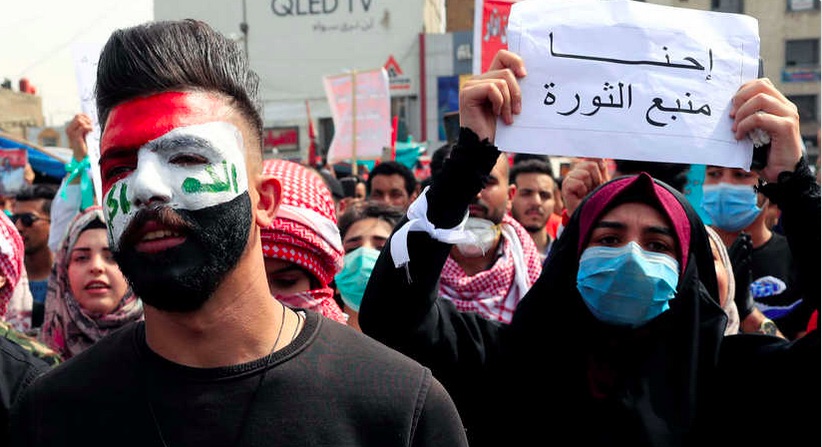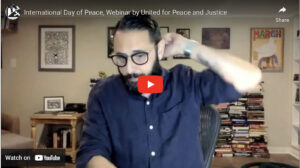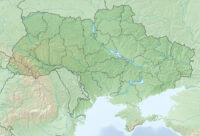Nine years after U.S. troops “left” Iraq, only to return many times to confront ISIS and the other predictable fallout of the ill-conceived U.S. policy to “democratize” Iraq, Iraq’s national government fails to serve its people. A central issue is how the sectarian state, conceived and instituted by Paul Bremer (sharing power between Shias and Sunnis) has grown corrupt beyond measure. What Iraqi citizens might have created, had they not been silenced during the occupation, was a roadmap to a civil state, an uncorrupt government of qualified and educated ministers that addressed the needs of Iraqi citizens.
Most recently, falling oil prices have emptied the national treasury and left Iraq so impoverished that it can neither respond to popular protest demands, nor extricate itself from the horrific proxy wars that the U.S., Iran and Turkey continually play out on Iraqi territory. These proxy wars challenge every new government instituted in Iraq and thwart any intentions to address the real needs of Iraqi citizens.
The youth uprising of October 2019 and the months of protest by millions of Iraqis in the public squares and streets of cities across Iraq were largely silenced by the Coronavirus pandemic. COVID-19 now threatens to overwhelm the Iraqi healthcare system, which is suffering from years of war, conflict and occupation, when no significant investments were made in hospitals and clinics. But even as infections increased rapidly in the last weeks of spring, protesters vowed to return to the streets because the government had neither met their demands for services (water, electricity and education) nor made good on its pledge to find and hold accountable the individuals and forces responsible for the deaths, disappearances, and injuries of thousands of protesters .
Then in early July the nation was horrified by the brutal assassination of Dr. Hisham al-Hashemi, a leading researcher focused on the rise of violent extremist groups inside Iraq, who had advised the Iraqi government during its efforts to defeat ISIS and was a strong supporter of the popular protests that aimed to end government corruption. Al-Hashemi was gunned down in front of his Baghdad home, suffering multiple head wounds delivered at close range. The assassins escaped and no one has claimed responsibility. While suspicions are that one of the violent militias that operates outside of government control carried out the assassination, citizens fear that despite its promises the government will not bring those responsible to justice. Please support the international campaign to demand that Iraqi authorities deliver on their promise to find Al-Hashemi’s killers and end impunity for illegal militias. CLICK HERE.
Largely unknown outside of the region, in the midst of the pandemic, Turkey has moved troops across its border with the Kurdistan Region of Iraq (KRI), under the pretext of fighting Kurdish terrorists. Turkey is also carrying out cross-border bombing of the villages in the northern region of the KRI, resulting in civilian casualties and large-scale displacement of villagers. The KRI regional government, which is highly dependent on trade with Turkey, has so far allowed the Turkish military activity, while the government in Baghdad has sent troops to the border.
On top of these looming political challenges Iraq is also facing a complex water crisis that is expected to persist and could have devastating impacts at socioeconomic, humanitarian and security levels. In July 2019, the International Organization of Migration in Iraq identified 21,314 internally displaced persons (IDPs) from the central and southern provinces who were displaced due to a lack of drinkable water due to high salinity content or waterborne diseases. Finally, recent international journalists are at last reporting the destructive impacts of “flaring”, burning off the natural gas that is emitted at oil wells. These impacts include asthma, hypertension, increased incidences of various cancers and dramatically increased climate change.



